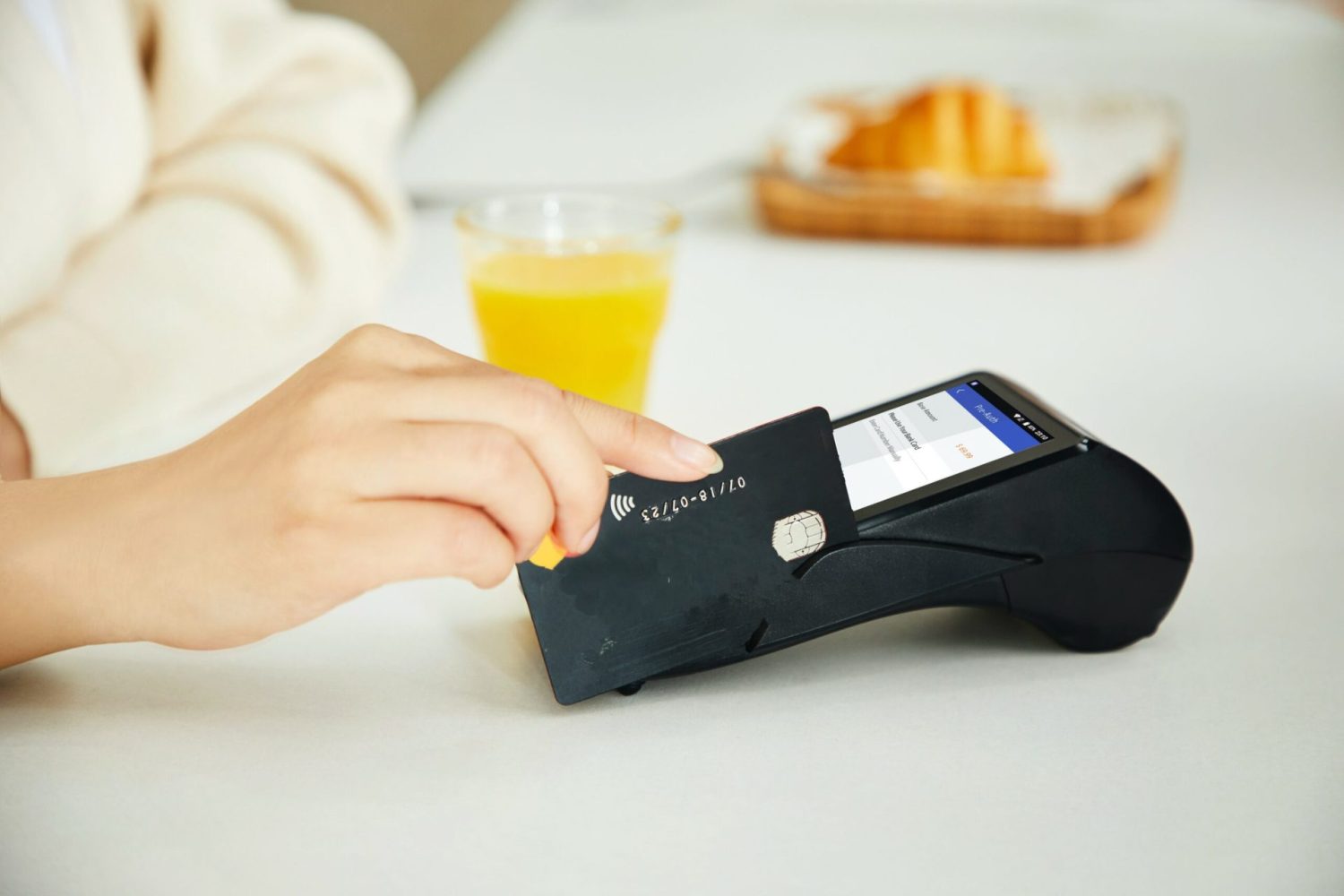South Africans Turn To Card-Linked BNPL For Big Buys In Tough Clime

In a challenging economic landscape marked by inflation, high interest rates, and rising unemployment, South African consumers are turning to flexible payment solutions to manage their spending. Float, a South African card-linked instalment platform, recently released data revealing notable shifts in shopping trends, especially among credit card users opting for instalment-based payments.
While traditional Buy Now, Pay Later (BNPL) platforms typically cater to smaller purchases, Float’s system is designed for big-ticket items, allowing credit card holders to split their purchases into interest-free monthly instalments. This model has gained traction as consumers look for ways to manage their cash flow without taking on additional debt.
The average order value on Float’s platform—close to ZAR 10 K (~USD 560.00)—dwarfs the typical BNPL transaction size of around ZAR1 K – ZAR 1.4 K (USD 56 – USD 78) in South Africa, the company claims. This indicates that consumers are primarily using the service for larger purchases, such as electronics, appliances, and fitness equipment.
The data also reflects broader shopping behaviours: Tuesdays see the highest transaction volume, while Mondays lead in terms of total spending. Additionally, most transactions occur during work hours, with 2 PM being the peak shopping time.
While the fitness category had the single highest transaction (ZAR 178 K [~USD 10 K] on gym equipment), electronics and appliances dominate overall, making up the largest portion of retail spending. Float’s data further highlights how the instalment option encourages consumers to spend more per transaction, with orders processed via the platform averaging 134 percent larger than regular credit card purchases.
The platform’s flexibility, which allows consumers to use their existing credit card limits rather than applying for new lines of credit, has resonated with South Africans dealing with stretched budgets. Paul Masson, CFO and COO of Float, notes that the service “offers a smarter way to manage finances without the pitfalls of traditional loans or interest-bearing credit options.” This is particularly appealing at a time when households are grappling with the rising cost of living.
Interestingly, Float has seen increased spending in categories that are more productive or investment-oriented, such as business tools and equipment. According to Masson, “many Float users are entrepreneurs or artisans, using the service to invest in assets that directly impact their ability to generate income.”
As the year heads toward the festive season, with Black Friday and Christmas shopping on the horizon, instalment options are likely to become even more popular. Consumers are increasingly looking for ways to finance bigger purchases without straining their monthly budgets or incurring high interest charges.
The platform’s emergence and its influence on shopping behaviour suggest a shift in how South African consumers are managing financial pressure. It points to an emerging trend where more shoppers are seeking flexible, non-punitive ways to use their credit responsibly while coping with economic uncertainties.
Featured Image Credits: Mark O’Flynn/Unsplash